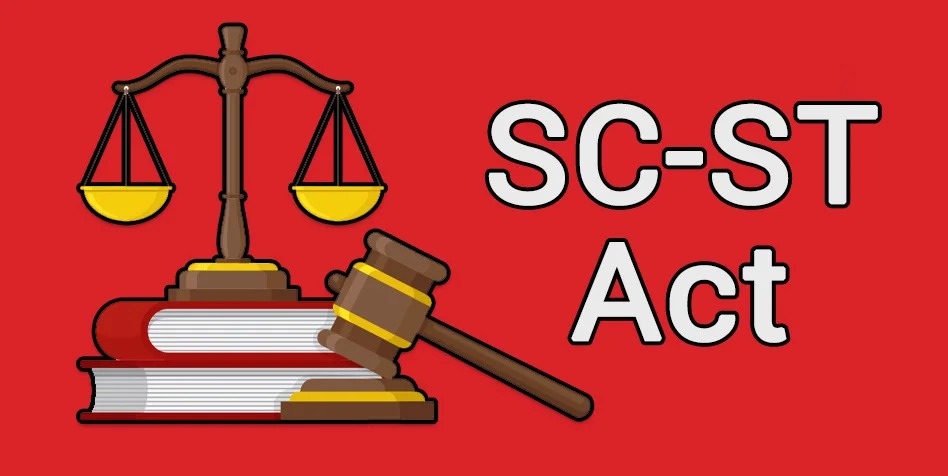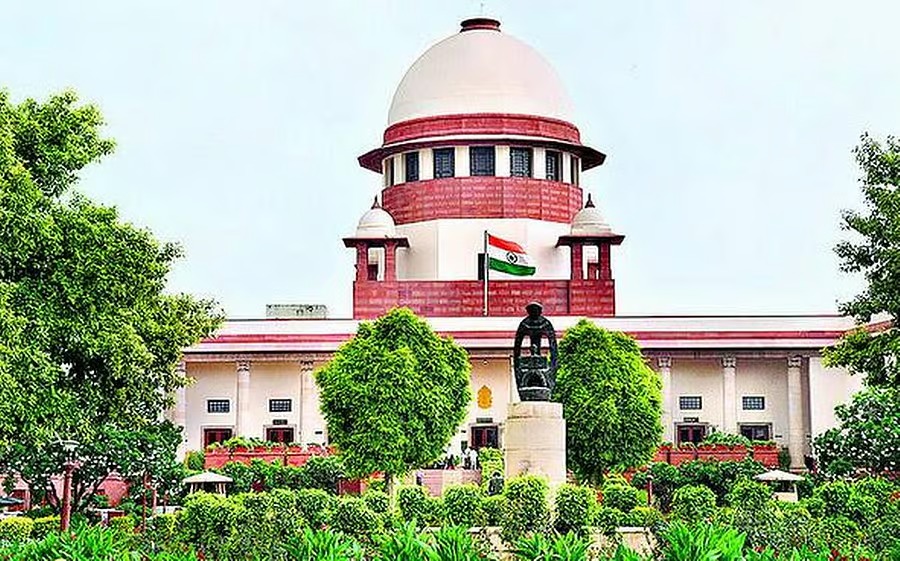Hamilton, J.@mdashAppeal No. 199 of 1941 is an appeal by Babu Ram defendant and Appeal No. 41 of 1941 is by Mizaji Lal plaintiff against a decision of the Civil Judge of Mainpuri. Mizaji Lal, the plaintiff, alleged that he was the adopted son of Phulzari Lal and, therefore, entitled to various securities as forming part of the estate of Phulzari Lal. He had applied on 7th July 1933 to the Public Debt Office that securities in the name of Phulzari Lal be transferred to his name and interest be paid to him. The defendant Babu Lal had, however, on 5th October 1933, asked the Public Debt Office not to transfer those securities in the name of the plaintiff and according to the plaintiff it was because of this action of the defendant that the plaintiff was not allowed to draw the interest on those securities. The plaintiff alleged that there was another action of the defendant which prevented him from obtaining interest on certain securities which had not matured and the value of certain other securities which had matured and this was obtaining an injunction which the defendant had obtained when he filed an appeal against the order of the District Judge granting the plaintiff a succession, certificate about the estate of Phulzari Lal. Because of the two actions of the defendant, one in a Court and the other outside it, the plaintiff alleged that he was deprived of money which he would have invested at 12 per cent, with the result that he suffered a loss of more than its. 10,000. He accordingly asked for a decree for this amount.
2. The learned Civil Judge held that the Debt Office would not have transferred the securities to the name of the plaintiff or paid interest on them without a succession certificate and, therefore, the plaintiff was entitled to no damages for the action of the defendant taken outside the Courts. He, however, held that the defendant had no reasonable grounds for asking for an injunction as he had no title to the securities and he acted owing to enmity or ill-will or a desire to cause loss to the plaintiff Mizaji Lal when he applied for the injunction. On these findings the learned Civil Judge passed a decree for Rs. 2654-1-9 (interest at 6 per cent, and not 12 per cent.) with 4 per cent, interest pendente lite and 3 1/2 per cent, future interest.
3. Counsel for the defendant has urged that the plaintiff was not entitled to the decree which he obtained, while the plaintiff Mizaji Lal in his appeal alleged that he was entitled to Rs. 2500 more than he obtained because the damages should have been granted not from 26th February 1936, the date of the succession certificate, but from 5th October 1933, when Babu Lal wrote to the Debt Office not to pay anything to the plaintiff, because the damages ought to have been awarded till 15th April 1939 not only till 13th September 1938 and because the rate of interest should have been 12 per cent, per annum and not 5 per cent, per annum up to the date of the suit which has given rise to this appeal. As regards the appeal of the plaintiff Mizaji Lal, we may say at once that there is no evidence to show that the Debt Office because of any request of Babu Ram refused to pay anything to the plaintiff Mizaji Lal.
4. We have next to consider whether the learned Civil Judge was right in granting damages to the plaintiff Mizaji Lal because Babu Ram obtained an injunction and only if we find that the plaintiff was entitled to any damages do we have to consider whether the damages granted are insufficient as alleged by the plaintiff Mizaji Lal. In 1935 the plaintiff made an application for grant of a succession certificate and though the defendant opposed this he obtained a succession certificate on 26th February 1936. Before this in the year 1931 the defendant had brought a suit in the Court of the Civil Judge of Mainpuri alleging that Mizaji Lal was not the adopted son of Phulzari Lal and he himself was entitled to the estate of Phulzari Lal, as reversioner. This suit was dismissed on 3rd November 1932, and Babu Ram''s appeal was dismissed by a Bench of this Court on 30th August 1938. It was while the appeal was pending in this Court that Babu Bam filed an appeal against the order of the District Judge granting a succession certificate to Mizaji Lal and obtained an injunction to prevent Mizaji Lal from withdrawing the money which formed the subject of the succession certificate. The application was made on 13th March 1936, and an ex parte temporary injunction was granted on the same date. Notice was issued to Mizaji Lal and orders were passed by a Bench of this Court on 27th. July 1936. It appears from the order of the Court that while Babu Ram had filed an affidavit no counter affidavit had been filed by Mizaji Lal but counsel was heard on his behalf. The injunction was made absolute to be enforced till the decision of the appeal against the order granting the succession certificate on condition that security to the extent of Rs. 500 be furnished by Babu Ram within two months, the security being for the purpose of enabling Mizaji Lal to make good such loss as he might suffer in the shape of interest inasmuch as it was represented that certain security bonds had matured and if Mizaji Lal was restrained from recovering their value he would not be able to invest the amount in. a proper manner. The security was duly given and an injunction was issued on 7th August. 1936. It is clear from this that the mere issue of the injunction caused no loss to Mizaji Lal for he was safeguarded so long as the interest which was being lost owing to failure to re-invest did not exceed Rs. 500. Had the appeal been decided before that interest exceeded Rs. 500, Mizaji Lal could suffer no loss. It is, therefore, primarily due to the fact that the appeal was not heard and decided till 30th August 1938, when it was in fact heard and decided that any loss occurred. There was nothing to prevent Mizaji Lal when he found that the appeal was not coming up for hearing at a sufficiently early date to move the Court either to increase the amount of security or to take steps to ensure investment of whatever money was payable. That there was a loss of interest was, therefore, not due primarily to any action of Babu Ram and could only be remotely attributed to the fact that an injunction had been obtained.
5. Passing now to the legal aspect of the case, learned Counsel for Babu Ram has urged that for Mizaji Lal to succeed he had to prove that Babu Ram had obtained the injunction owing to malice and the evidence did not justify the learned Civil Judge in coming to the conclusion that there was malice. On behalf of Mizaji Lal it has, on the other hand, been urged that it was sufficient to prove that there were no reasonable grounds for applying for an injunction and it was unnecessary to prove malice. For this counsel depends partly on the language of Section 95, Civil P.C., and partly on a decision of this Court which is reported in
6. The learned Civil Judge in the present case has held that in the year 1907, there was an agreement in which Babu Ram had admitted that Phulzari Lal was the validly adopted son of Shekhar Prasad and it could not be disputed that Mizaji Lal was a validly adopted son of Phulzari Lal as the latter in a deed had stated this fact so that Babu Ram, had no reasonable grounds for asking an injunction to be issued to restrain Mizaji Lal from obtaining sums due on the various securities. We may go so far as to say, in view of the decisions of this Court dismissing the appeal of Babu Ram against the decree of the Civil Judge dismissing the suit that he had brought in 1931 against Mizaji Lal and dismissing his appeal against the grant of the succession certificate to Mizaji Lal, that Mizaji Lal (Babu Ram?) was indulging in litigation with little or no probability of success. We cannot, however, infer that because a person brings suits which have little or no probability of success, he is doing so owing to enmity or ill-will or a desire to put the opposite party to a loss. There was no enmity from which one could infer that Babu Ram was willing to spend large sums of money merely to harass Mizaji Lal. That he did spend no little money is obvious from the fact that when he brought a civil suit and failed he filed an appeal in this Court and when his objection to the grant of the succession certificate to Mizaji Lal failed he also appealed. To obtain an injunction he had to give security to the extent of Rs. 500 and this money was lost if the appeal took some time to decide which is what occurred. This was not a ease of obtaining stay of execution when continued possession might outweigh the expenditure involved in obtaining the stay. If Babu Ram won he stood to lose a larger sum in interest than Rs. 500 while if he lost he stood to lose Rs. 500 of his security and Mizaji Lal might have asked the Court to pass an order for additional security. It appears to us clear that Babu Ram in filing appeals was actuated solely by the hope that he would get the property of Phulzari Lal and when he asked for the injunction his idea was that Mizaji Lal might dispose of the securities and of the interest on them and if he : himself succeeded in his appeal he would not be able to recover that amount. We find therefore that the injunction was not obtained owing to malice and further that Mizaji Lal was as much responsible as Babu Ram for the loss which he, Mizaji Lal, has suffered because he took no steps after the Court had passed an injunction which guaranteed him against loss up to Rs. 500 to move the Court either to increase the security or to take some steps that the securities which had matured be cashed or that interest be collected to be held for the benefit of whoever eventually succeeded in the litigation between the parties.
7. We therefore allow the appeal of Babu Ram with costs and set aside the decree granted to Mizaji Lal by the Court below and we dismiss with costs the appeal by Mizaji Lal.

